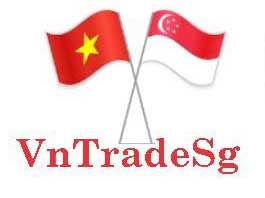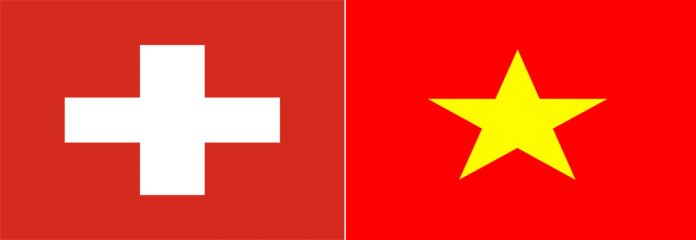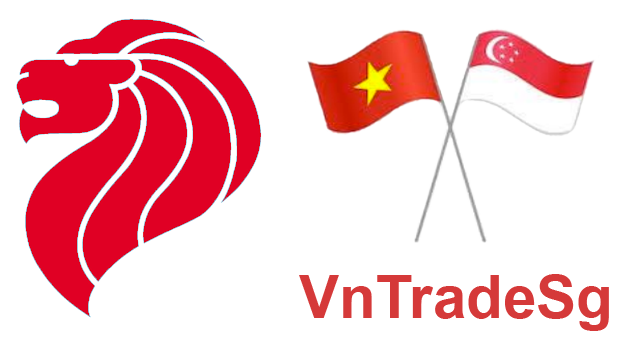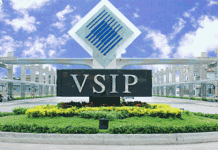As one of the large European investors in Vietnam, Switzerland currently negotiates a free trade agreement with Vietnam so that its companies can invest more in untapped fields in the Southeast Asian country. Ivo Sieber, Ambassador of Switzerland to Vietnam, shares with VIR’s Phuong Hao the outlook in economic relations between both nations.
How many Swiss enterprises are operating in Vietnam and in which fields?
With strong bilateral ties going back well into the early 20th century, and on the eve of the 50th anniversary of diplomatic relations in 2021, Vietnam has become home to some 140 Swiss companies. Their number has continuously grown in line with Vietnam’s dynamic economic development and increased integration into the regional and global economy and the international value chains.
What are the potentials for both Swiss and Vietnamese enterprises from the EU-Vietnam Free Trade Agreement (EVFTA) and the EU-Vietnam Investment Protection Agreement (EVIPA)?
Not a member of the EU, Switzerland is neither party to the EVFTA nor the EVIPA agreement. We concluded a series of bilateral treaties of economic relevance with Vietnam over the years, including on investment protection and double taxation. To boost trade and investment between our two countries, negotiations are underway for an FTA.
While Switzerland and Vietnam have developed robust economic ties, there is clear potential to strengthen them further.
A comprehensive and ambitious FTA will be beneficial for both sides creating stable framework conditions and providing additional legal certainty, which is important for Swiss companies when investing in and doing business with Vietnam.
What are the prospects for attracting Swiss investment into Vietnam, and what fields can Vietnamese enterprises promote investing and co-operating in Switzerland?
Switzerland is among the world’s top foreign direct investors with an outward foreign direct investment stock of more than $1.2 trillion. Our companies are currently showing strong interest in new investments in Indonesia, with whom we have recently concluded a new FTA.
Moreover, Switzerland has existing FTAs in the region with Singapore, the Philippines, China, Japan and South Korea, with negotiations ongoing with Thailand and Malaysia. For Vietnam we see significant untapped potential for investment in various areas, including food processing industry, waste or water management, just to name a few.
What should Vietnam do to facilitate Swiss enterprises to develop, expand, and invest more into Vietnam?
A favourable and predictable business environment is key to lure foreign investment. And here the Vietnamese government is doing many things right.
The government’s efforts to upgrade infrastructure, to equitise state-owned enterprises, to ease foreign ownership restrictions, to review and modernise the public-private partnership law or to lift the skills level of the workforce are just some of the reform projects that come to my mind.
The country’s significant improvement in the International Finance Corporation’s Ease of Doing Business is also remarkable. Swiss firms usually focus on high-quality goods and services. They need to be sure that the related knowhow is protected.
Moreover, with the government as an important buyer in many markets, access to transparent public procurement in line with international standards is a critical factor when doing business in Vietnam.
What is your expectation about the outlook of Viet-Swiss bilateral trade?
There clearly is potential. An ambitious FTA would be an important step to harness this potential and to further attract Swiss companies to tap Vietnam both as an attractive market and an investment destination. Out of an annual combined trade volume of $2.1 billion, almost two thirds account for Vietnamese exports.
We have a longstanding economic co-operation partnership supporting a variety of economic reforms in Vietnam and assisting the country in its integration into the global value chain.
A well-integrated Vietnam that adopts international standards is a stronger economic and trading partner, which is in the interest of Switzerland and other countries.
Where is Vietnam placed among Switzerland’s partners in the ASEAN region, and how can agreements improve Vietnam’s position?
Vietnam is in the top bracket of Switzerland’s largest trading partners in the ASEAN. With our network of trade agreements within ASEAN and the region expanding, resolving the pending issues in our FTA negotiations and aspiring for an early conclusion of the agreement is a priority for our economic ties with Vietnam.
This would allow to fully exploit the potential of our respective economies, by assuring a level playing field for Swiss exporters and investors in Vietnam, but also for Vietnam as a business and investment destination for Swiss companies, which are increasingly looking for opportunities to engage with the dynamic economies in the region.
Source: Vietnam Investment Review

















